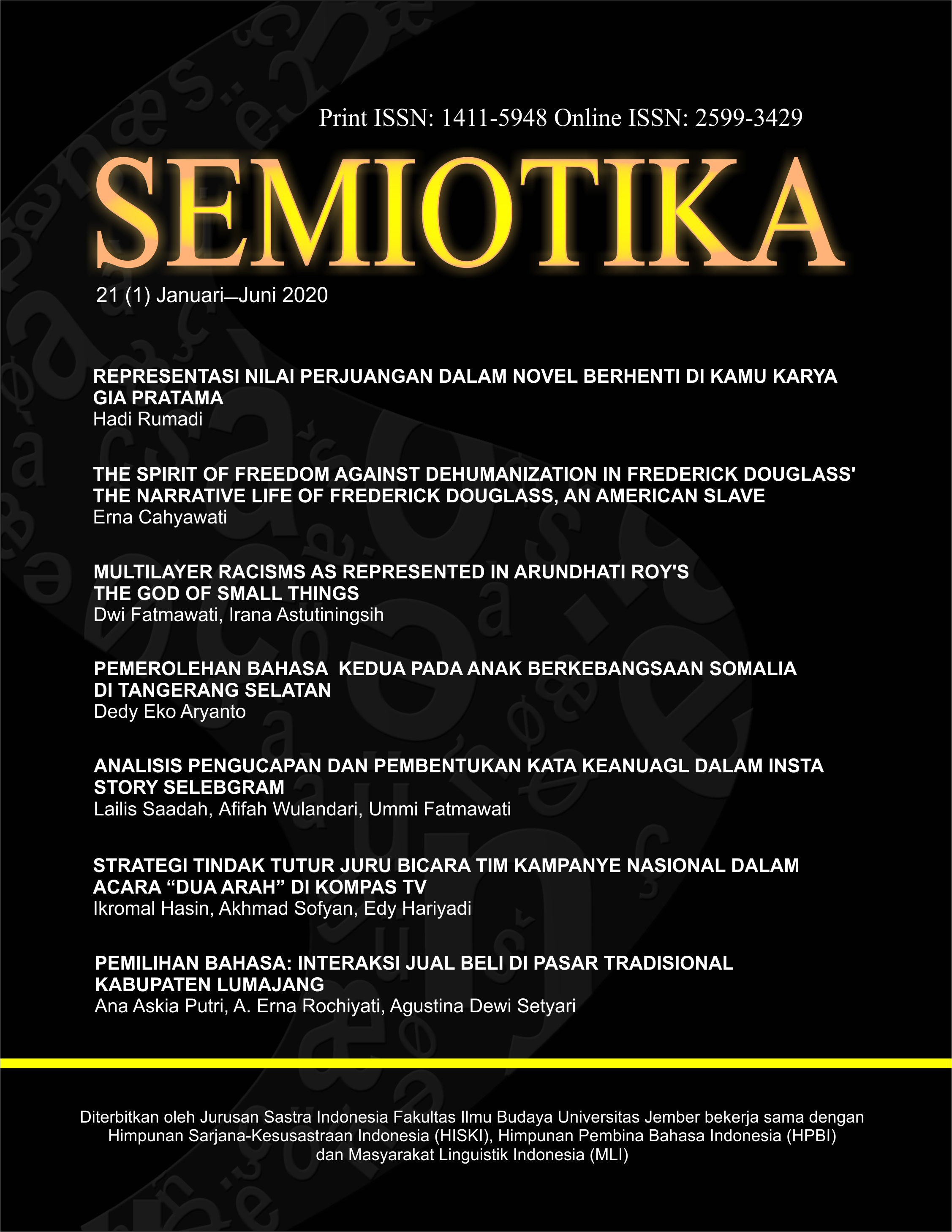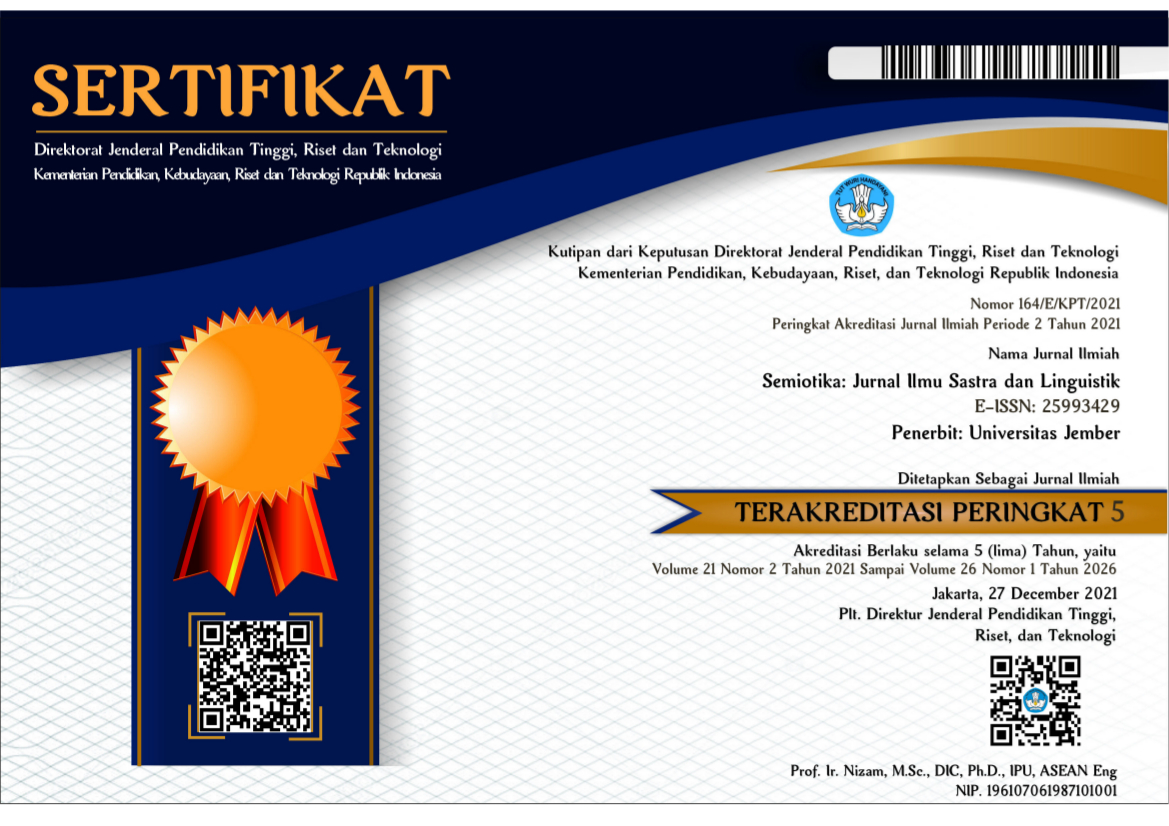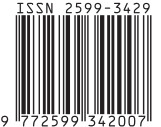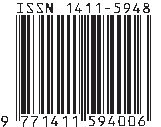THE SPIRIT OF FREEDOM AGAINST DEHUMANIZATION IN FREDERICK DOUGLASS’ THE NARRATIVE LIFE OF FREDERICK DOUGLASS, AN AMERICAN SLAVE
Abstract
American romanticism is a literary movement in the 19th century that upholds individualism, and freedom from all forms of confinement of convention, oppression or tyranny. This study focuses on abolitionism or the anti-slavery movement found in Frederick Douglass's autobiographical novel entitled The Narrative Life of Frederick Douglass, An American Slave. This study explores American romantic literature's characteristics in the book by capturing the dehumanization experienced by black American slaves and their spirit of resistance to the white oppression. The method used is the inductive method and descriptive method. The results showed that black people could gain confidence in striving for equality and freedom from white oppression by learning to read and write.
SEMIOTIKA has CC-BY-SA or an equivalent license as the optimal license for the publication, distribution, use, and reuse of scholarly work. Authors who publish with this journal retain copyright and grant the journal right of first publication with the work simultaneously licensed under a Creative Commons Attribution-ShareAlike 4.0 International License that allows others to share the work with an acknowledgment of the work's authorship and initial publication in this journal.
Attribution-ShareAlike
CC BY-SA










